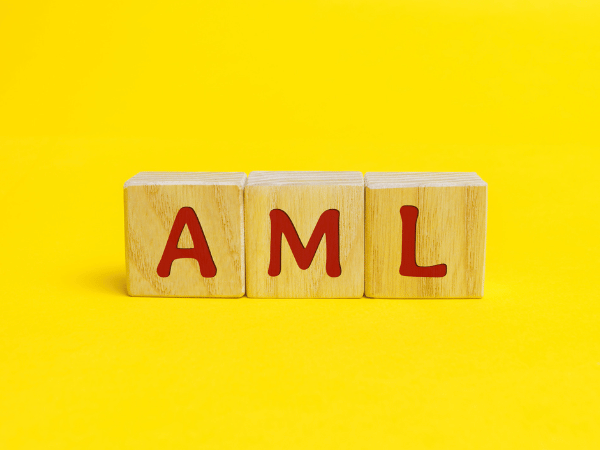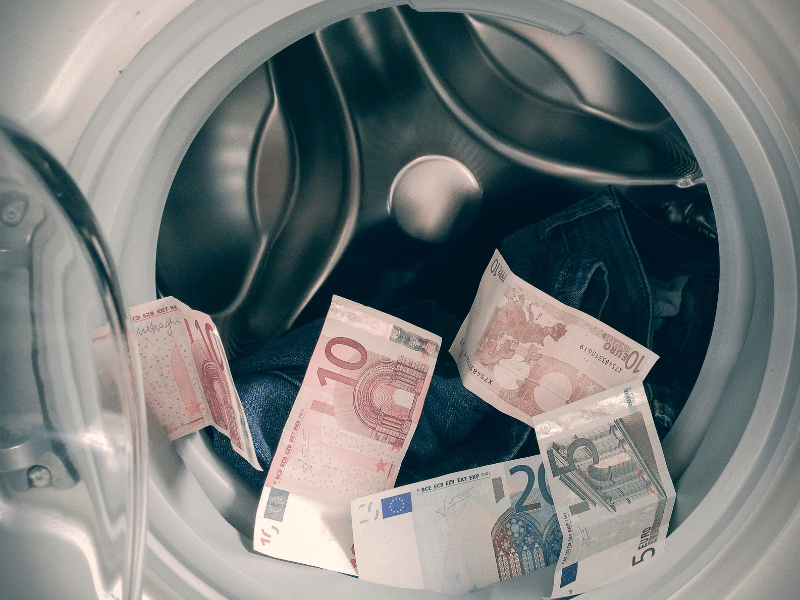There is a famous case in VAT folklore around whether a Jaffa cake was indeed a cake or a biscuit. The answer defined the VAT treatment.
The legal sector have their own equivalent – when is an expense a disbursement, and when is a disbursement subject to VAT.
The answer to this question varies dependent on who you ask.
According to the SRA, disbursement means any sum spent or to be spent on behalf of the client or trust (including any VAT element).
However, HMRC and The Law Society cannot reach agreement as to those disbursements which do not attract VAT and those which attract VAT at standard rate.
HMRC’s VAT Notice 700 directs that a firm may treat a payment to a third party as a disbursement for VAT purposes if a series of conditions are met, but in particular that you acted as the agent of your client when you paid the third party and that the goods or services, which you paid for, are clearly additional to the supplies which you make to your client on your own account. This falls under a general VAT principle of composite supplies and Card Protection Plan.
The Law Society hold that VAT Notice 700 is only guidance and does not reflect the law. In practical terms this means that in each case you should identify the supplier, the recipient and the nature of the supply in determining the correct treatment.
As this is a particularly complex area of tax law, you need to ensure that you have robust systems and procedures in place to ensure that you are correctly and consistently defining and accounting for the relevant inputs and outputs and that you have taken qualified tax advice to verify those controls.
For those that are interested, a Jaffa cake is a cake and therefore zero rated but Customs & Excise changed their own position on review before again overturning their review decision at Tribunal. A cake is soft when fresh and hard when stale, and a biscuit is the opposite. It is not always so clear-cut with disbursements.
Nigel Wilson
Director at Financial Eye
 (0)20 3051 2049
(0)20 3051 2049




